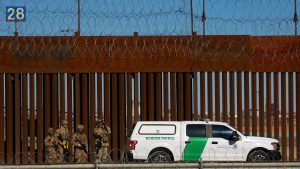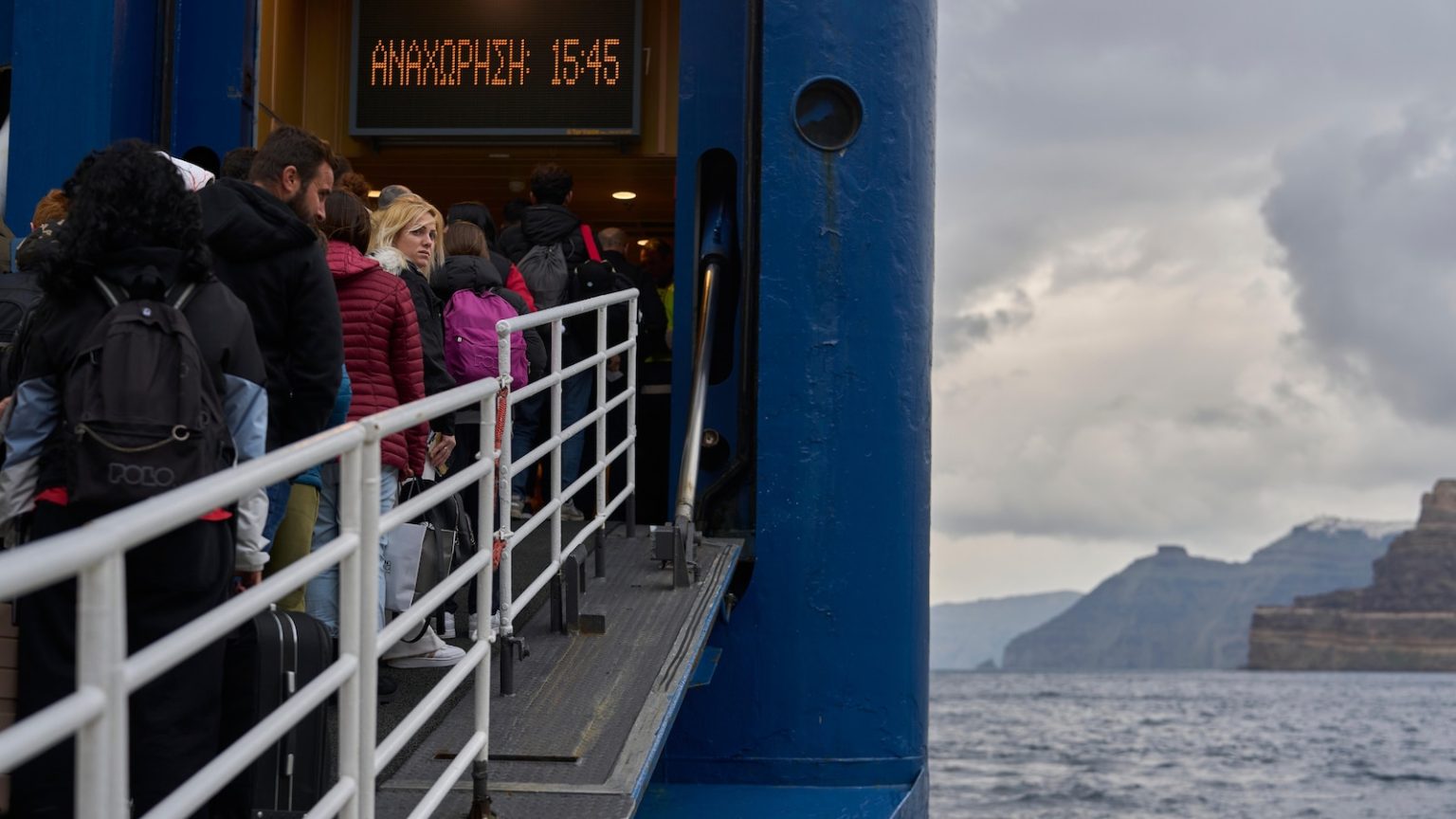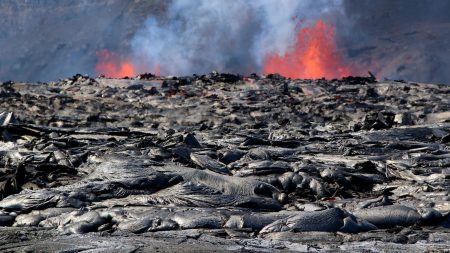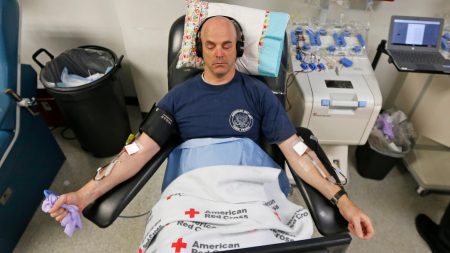Greece Declares State of Emergency on Santorini Amid Ongoing Earthquake Swarm
The picturesque Greek island of Santorini has been thrown into a state of heightened alert as a swarm of undersea earthquakes continues to unsettle residents and visitors alike. On February 1, Greece’s government officially declared a state of emergency for the popular tourist destination, following nearly a week of intense seismic activity that began on January 31. The declaration was precipitated by a powerful magnitude 5.2 earthquake that struck late on February 1, marking the strongest tremor recorded since the onset of the quakes. This move by the Ministry of Civil Protection aims to grant local authorities faster and more direct access to state resources, ensuring a coordinated response to the unfolding crisis.
Authorities Mobilize Emergency Services to Support the Island
In response to the escalating situation, Greek authorities have swiftly mobilized a range of emergency services to bolster support for Santorini and its neighboring islands. Government spokesman Pavlos Marinakis confirmed that fire departments, police, coast guard units, armed forces, and emergency medical services have been deployed to the region, equipped with specialized gear and additional personnel. These reinforcements are designed to address any potential risks and provide immediate assistance to those affected by the quakes. Despite the relatively minimal damage reported so far, the presence of these teams underscores the gravity of the situation and the government’s proactive stance in safeguarding the island’s population.
Thousands Evacuate as Anxiety Grows on Santorini
The earthquake swarm has understandably sparked widespread concern among residents and seasonal workers on Santorini, leading to a significant exodus of people from the island. Thousands have chosen to evacuate, primarily relocating to the Greek mainland via ferry. While the quakes have not caused extensive destruction, the psychological toll and uncertainty about what may happen next have compelled many to seek safety elsewhere. The sudden departure of so many individuals has added to the sense of disruption, as the island’s usual routines and economic activities are temporarily suspended.
Seismic Activity Sparks Questions About Future Risks
Experts have sought to provide reassurance by clarifying that the current seismic activity is unrelated to volcanic movements in the Aegean Sea. However, they have also emphasized that it is too early to predict whether this swarm of earthquakes might culminate in a larger, more destructive event. Vassilis K. Karastathis, a seismologist and director of research at the National Observatory of Athens, noted that the situation remains unpredictable. “We are still in the middle of the road,” he explained, warning that there are no clear signs indicating whether the activity will subside or escalate. This uncertainty has understandably heightened anxiety among both scientists and the public.
Earthquakes Concentrated in Specific Underwater Zone
The epicenters of the earthquakes have been concentrated in a specific underwater area located between the islands of Santorini, Anafi, Amorgos, and Ios. Experts have pointed out that the submarine location of these tremors may act as a mitigating factor, potentially reducing the risk of widespread damage compared to earthquakes that occur on land. On Santorini itself, local crews have taken measures to safeguard vulnerable areas, such as cordoning off sections of the island’s famous cliff-top towns to prevent rock slides. Engineers have also conducted inspections of school buildings, which have remained closed throughout the week as a precautionary measure.
Community Comes Together in the Face of Uncertainty
Amid the challenges posed by the earthquake swarm, the sense of community on Santorini has come to the fore. The island’s Orthodox church has issued a heartfelt appeal for residents to support one another during this difficult time. Metropolitan Bishop Amphilochios of Thira, Amorgos, and the Isles called on the community to draw strength from its close-knit nature, emphasizing the importance of unity in overcoming adversity. “Island life has taught us to be close to one another – in the happy, the sad, and the difficult times,” he said in an online message. His words resonate deeply with a population that has faced numerous trials throughout its history, yet continues to embody resilience and solidarity. As the situation on Santorini remains uncertain, the islanders’ ability to come together will undoubtedly play a vital role in navigating the challenges ahead.















